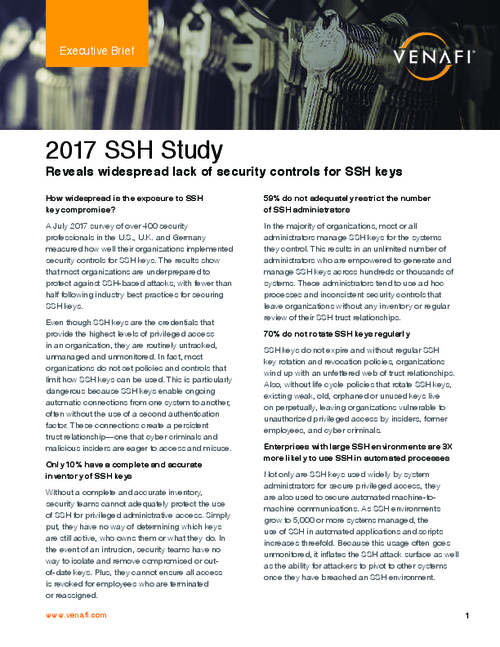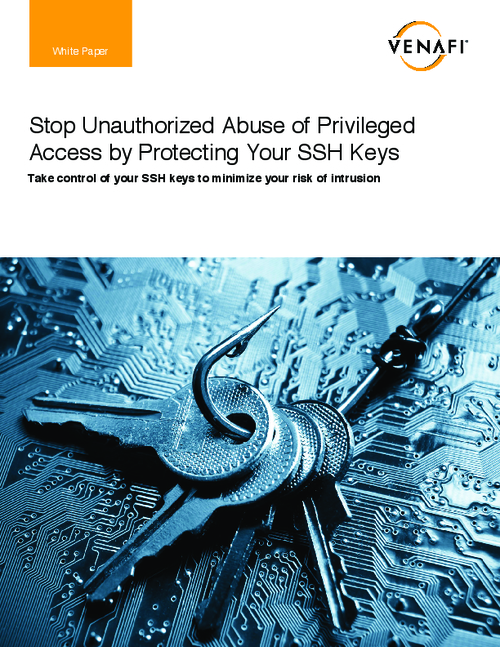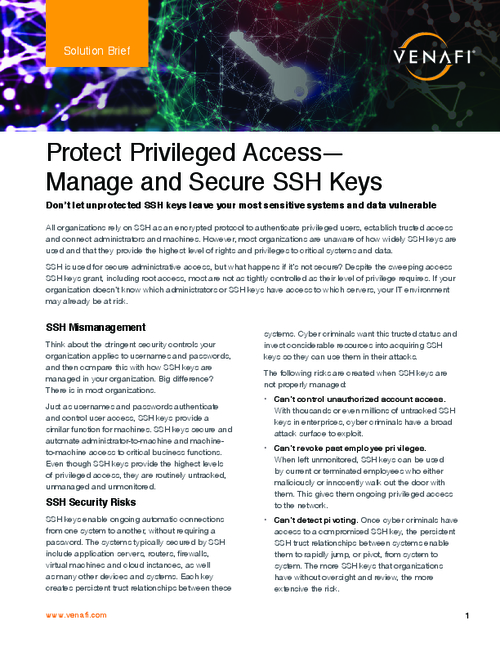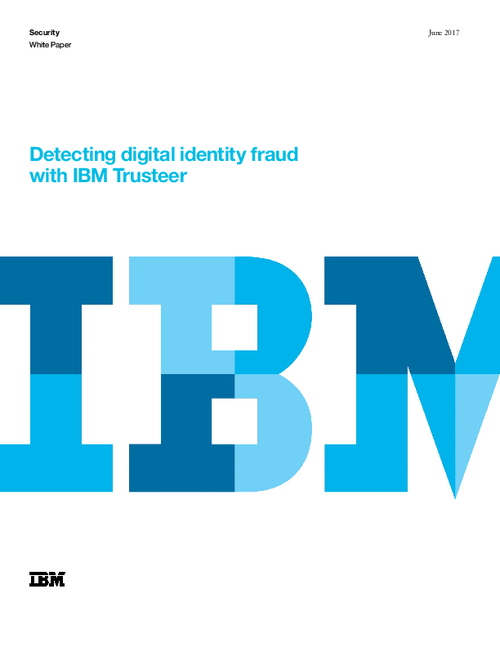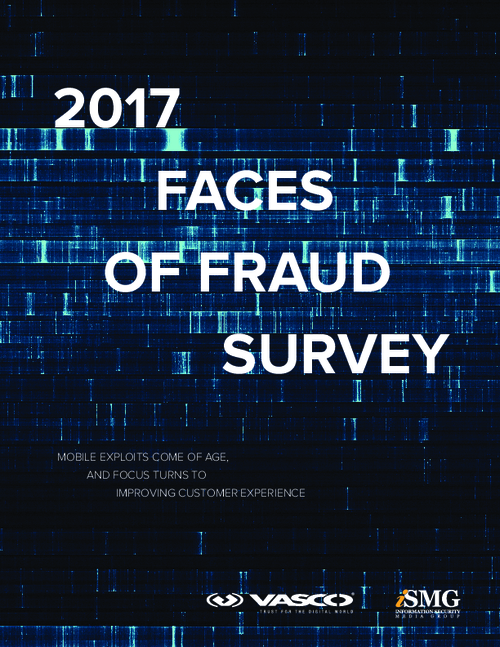Insider Alleged to Hack TSA Computer
FBI: Data Analyst Tampered with Terrorist Screening System
A federal grand jury in Denver indicted Douglas James Duchak, 46, who pleaded not guilty. If convicted, Duchak faces up to 10 years in prison and a fine of not more than $250,000 for each count.
According to the FBI, Duchak worked at the TSA's Colorado Springs, Colo., Operations Center from August 2004 through Oct. 23, 2009, updating TSA computers with information from the Terrorist Screen Database and U.S. Marshal's Service Warrant Information Network Database. TSA informed Duchak on Oct. 15 that he would lose his job on Oct. 30.
On Oct. 22, according to the indictment, Duchak knowingly inserted malicious code into the operation center's server containing data from the U.S. Marshal's Service Warrant Information Network in an attempt to damage to the operation center's computer and database. The next day, Duchak transmitted code into the server that contained the Terrorist Screening Database with the same intent.
If successful, authorities said, the internal hacks could have damaged federal computers used for national security as well as cost the government at least $5,000.
"Prosecution of the defendant is critical to protecting the integrity of the government's security databases," U.S. Attorney David Gaouette said in a statement accompanying the indictment.
The FBI said the case was investigated by its agents as well as representatives from the Office of Inspection at TSA, a unit of the Department of Homeland Security, and DHS's Office of Inspector General. This case is being prosecuted by Assistant U.S. Attorney Patricia Davies, who is the chief of the special prosecutions section.




